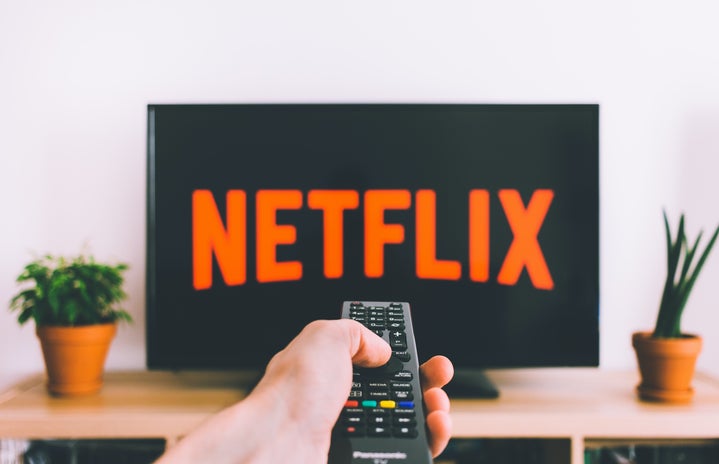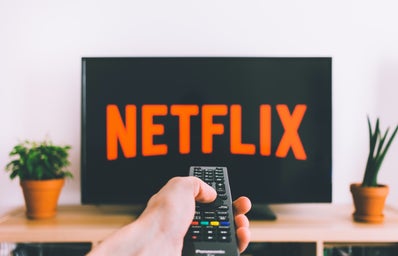Binging TV shows is a bit of an occupation at the minute, lockdown having a proud year long history of viewers swerving from Tiger King to The Queen’s Gambit to hot newcomer on the Netflix scene, Bridgerton. But having devoured the regency delights of Bridgerton in a single day, I’ve returned to Call The Midwife, yet again, and it’s stuck with me as not even the most heated Daphne/Simon moments have. Its premise – for those who haven’t seen it – is that it’s based on the memoirs of a midwife working in London’s East End from Nonnatus House (it’s a place run by nuns, but if religion isn’t your thing, don’t worry, it’s mostly a background feature and the religion it espouses is one attempting to be free of judgement, as well as occasionally being the object of critique by the show) following the Second World War. Later series have ran all the way to the 1960s and cover the gamut from disability, housing, thalidomide, the menopause and sex work. It’s a series that makes an effort towards representation and includes the East End’s rich history of immigration. My queen, columnist Caitlin Moran, wrote in 2013 that ‘There’s an argument to be made — by me, now — that lovely Christmas special-y, cover-of Radio-Times sensation Call the Midwife is actually the most radical piece of Marxist-feminist dialectic to ever be broadcast on prime-time television.’ But why is it sticking with me now in 2021? I think Call the Midwife reflects back at me three lockdown lessons that we’re slowly but surely learning:
-
The idea that healthcare is holistic. The NHS hospital system is given its due in Call the Midwife, but one message that comes through again and again is that it is reliant on a million and one social supports functioning properly. It argues that housing plays an enormous role in health and social care, showing us carbon monoxide poisoning from badly fitted heating, and the role it plays in spreading illnesses like tuberculosis. Support groups are vital, from Alcoholic Anonymous to Thalidomide parents’ groups. Adequate places for disabled people, especially where at one point it seems that the only option for a young man with Downs Syndrome who has lost his mother is a mental hospital entirely wrong for his needs. If there’s anything we have learnt from these series of lockdowns, it’s that we rely on a complex net of hard-won and overstretched securities. We rely on food banks, free school meals, community centres, sports teams. We rely on domestic abuse shelters and counselling services and exercise initiatives like Parkrun and after-school clubs. We rely on friends, family and neighbours. As much as we need to thank and recognise the NHS, we need to ensure that everything that is peripheral to the NHS remains firmly within our view.
-
Healthcare is about compassion. The midwives are good not solely because they could deliver a breech birth in their sleep. It’s because they care and the community responds to that care with trust. On the level of district nursing, I remember the carers who would go in to help my nan, who’d brush her hair, suggest she put perfume on and compliment her nail colour, all little things that made her comfortable and do whatever they said and make her feel human. The problem is that nurses and carers especially are suffering from an unbelievable amount of burn out and compassion fatigue, particularly following this pandemic where they’ve had to deal with death at its most tragic, where those dying were bereft of friends and family, on a horrific scale. Compassion fatigue is what can happen when you’re repeatedly made to care for others in emotional and physical distress and can leave you exhausted, apathetic, irritable and depressed. This means that on an individual level, take care of any healthcare workers or carers in your life, but on a structural level, remind the government that they should also care. The public successfully told the government to scrap the NHS surcharge for immigrant healthcare workers last year, and honestly, I think this might be a better show of support than a weekly clap.
-
Little things count. A slice of coffee and walnut cake, a fresh manicure, Spanish classes in your free time – these are what the midwives rely on for their sanity. For me, it has looked like daffodils in mugs all over the flat, candles burning, fresh sheets, washing up done and dusted, and, of course, Call the Midwife of an evening.



